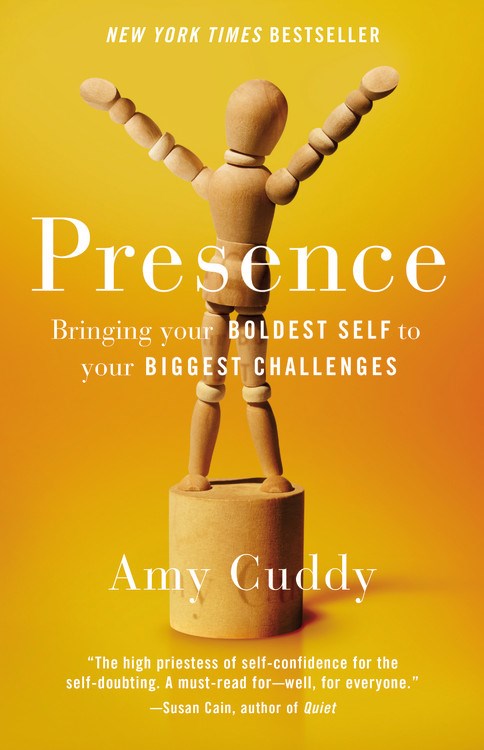When to Rob a Bank ... and 131 More Warped Suggestions and Well-Intended Rants
When to Rob a Bank … and 131 More Warped Suggestions and Well-Intended Rants by Steven D. Levittt & Stephen J. Dubner, William Morrow, 272 pages, $25.99, Hardcover, ISBN 9780062392725, May 2015
The “Steves” Levitt and Dubner have done a lot to bring readers to business and economics topics since the release of Freakonomics in 2005. One of the primary ways they’ve done that is by keeping people engaged in a regularly updated and extremely entertaining blog at freakonomics.com that has become so popular that The New York Times hosted it for a time—the first outside blog that it published.
They’ve now gathered the best of those posts (there were over 8,000 to choose from), and curated them into a book-length treatment, When to Rob a Bank … and 131 More Warped Suggestions and Well-Intended Rants. But, knowing that the very blog they’re borrowing from for the book often points out instances of economic incoherence such as paying for something you can easily get for free, why did they do this?
Occasionally a reader would suggest that we turn our blog writing into a book. This struck us as a colossally dumb idea—until, one day not long ago, it didn’t. What changed? Dubner was dropping off his kids at summer camp in Maine. In the middle of nowhere, they came upon a huge Poland Spring water-bottling plant. Having grown up in the middle of nowhere himself, Dubner had always thought it strange that so many people would pay good money for a bottle of water. And yet they do, to the tune of roughly $100 billion a year.
Suddenly a book of blog posts didn’t seem so dumb. So in the tradition of Poland Spring, Evian, and other hydro-geniuses, we’ve decided to bottle something that was freely available and charge you for it.
They have, of course, added value in the bottling. They’ve “edited and updated the posts as necessary, arranging them into chapters that make book sense.”
The first post published by the Times is also the first of the book, and one of their most provocative. It was a thought experiment of Levitt’s asking (and himself answering), “If You Were a Terrorist, How Would You Attack.” It garnered a lot of hate mail, but even if it was a little "warped" as the subtitle of the book itself suggests, it is also always "well-intended"—and it is also really captivating, really good writing.
Being a collection of posts, it is quick and entertaining reading you can open up, and open up your mind, at any time. Their thought experiments are challenging in the best of ways, even when they’re controversial in their conceit, like offering alternatives to democracy, giving the Internal Revenue Service a larger budget to police tax cheats, why we should abolish the penny, and cheer for higher gas prices—particularly higher gas taxes. On that last point:
The reason we need high gas taxes is that there are all sorts of costs associated with my driving that I don’t pay—someone else pays them. This is what economists call a “negative externality.” Because I don’t pay the full costs of my driving, I drive too much. Ideally, the government could correct this problem through a gas tax that aligns my own private incentive to drive with the social costs of driving.
In lieu of that tax, higher gas prices help correct the problems of congestion, accidents, and global warming (and after crunching the numbers, they surprisingly conclude the justifications for a gas tax are in that order of importance), except that the revenue goes to oil companies instead of in the public purse.
You may not agree with all, or even most, of their conclusions, but they are also hard to argue with. And, if nothing else, these will stretch the way you think about problems big and small, and you can use that brain plasticity to look at your own obstacles in a whole new light.
